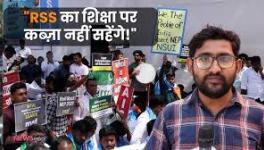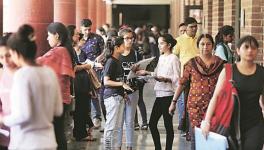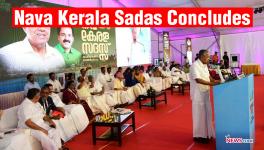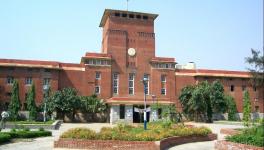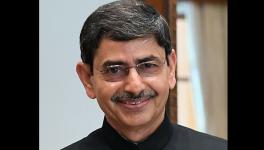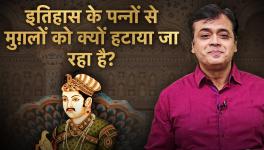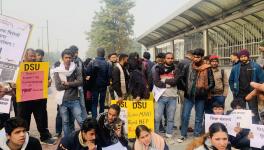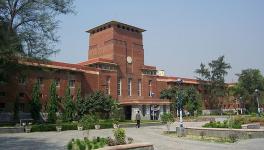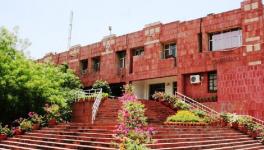“National Priority” Over Academic Freedom: Board of Studies Member Resigns in Protest
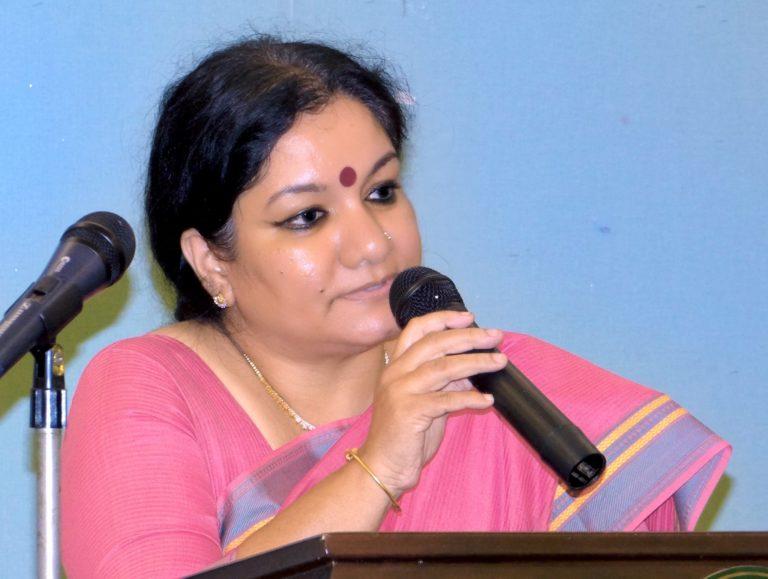
On 13 March 2019, the Central University of Kerala (CUK) issued a circular directing the deans and head of departments of the university to ensure that PhD research is undertaken “in accordance with the national priorities”. Viewing this as curtailment on the academic freedom of researchers, Meena T Pillai, Board of Studies (BOS) member at the institution, resigned from her position.
This new implementation was decided in a meeting held with university Vice-Chancellors across the country. According to the circular undersigned by the university Registrar, it directed the Head of departments in the university, “to convene a meeting of faculty members and prepare a shelf of projects to be taken up for research studies pertaining to their respective subjects, considering national priorities.”
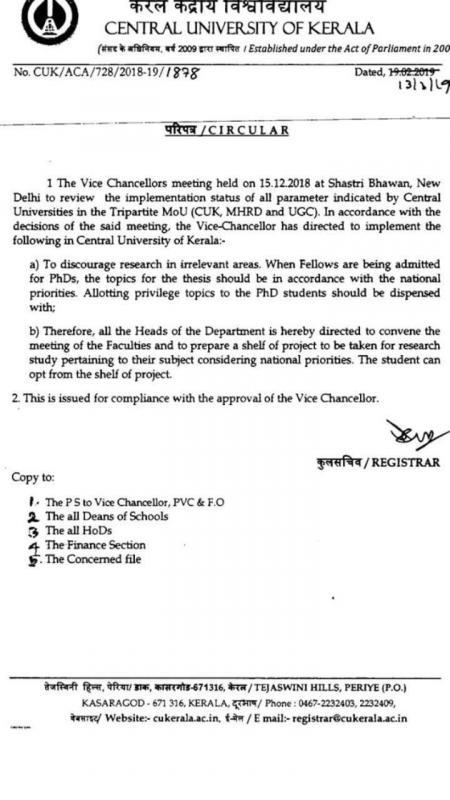
Speaking to the Indian Cultural Forum, Meena T Pillai said, “I received the circular on 13 March and the circular seems to have many problematic things. For me, this sounded like the bedlam of research in this country. How can someone else decide the area of interest for a student? Who decides what is of national priority? Moreover, what is irrelevant to you may be relevant to me.”
According to the Central University Act, 2009 (CUA), it is the responsibility of the Dean of the school to maintain the quality of teaching and research. The highest body in the university to decide on educational matters is the Academic Council. But this decision was taken by the Vice Chancellor of CUK unilaterally violating CUA, and also surpasses the power of both Dean and the Academic Council.
"Presently, many central universities are refusing to comment on this decision made by the centre; choosing to remain silent on this issue. It is pointed out that faculties of such institutions are also often targeted. Raising voices against the administration have led to suspensions, and enquiries in the past. In this context, how are we supposed to take free thought in our country?” added Pillai."
The faculty also received huge support from politicians and civil society members across the country. Expressing solidarity with the professor and condemning this new circular issued by the university authorities, Kerala Chief Minister Pinarayi Vijayan said in a Facebook post that, “It’s an extremely unfortunate situation where a university forces its students to do research as per certain “national interests”. Over the years, we have witnessed how the right-wing government has promoted unscientific and superstitious beliefs in our country. The present circular has an agenda behind it.”
Further, to enforce the process in different centres, the CUK administration has also sent a letter to the departments demanding them to change the research topics of students as per the “national interest”. This new circular not only forbids the students to think politically but also violates the Article 19(1)(A), right to freedom and expression, in any form. Talking to the Indian Cultural Forum, a faculty member of CUK said, “There are many students who had to change their topics. Some of the students who were researching on Kerala Muslims were asked to remove certain theoretical art from their study. Even if we decide not to change the topic, there is still a possibility that the Executive Council of the university would not approve.”
The new circular not only restricts a researcher to undertake research only within a narrow scope, but also constrains the nature of debate in this country. The circular not only questions the ability of a 25 year old researcher’s thought process but indicates that the government or the faculty can think for them. When a 25 year old can decide who they can vote for, then how can the authorities say that the next generation PhD scholars are unable to think?
While the writers and free-thinkers urge us to uphold constitutional morality, some of us are asking what exactly falls within the purview of “national priority”. “Would a small tribal issue from Jharkhand be a national priority or is a fisher man’s life from a coastal area a national priority? The biggest question here is, if these are not national priorities, what else is?” Pillai asked.
Saffronising Education
As per India’s constitution we are a secular country, but over the past five years we have been witnessing this secularism being snuffed out. We have seen massive attacks on education, where India’s plural past has been replaced with the glory of one religion. So who decides what is important to our nation?
In the years this right-wing government has been in power, it has destroyed the educational sector in our country— from massive seat cuts and reservations to changes in syllabus. The Modi government appointed Sudershan Rao, an ABISY member as the head of the prestigious Indian Council for Historical Research (ICHR). In October 2015, the Human Resource Development (HRD) Ministry appointed Baladev Sharma, former editor of RSS mouth piece “Panchjanya” as the new chairman of National Book Trust. There has also been a series of attempts to rewrite history by the same right-wing forces.
Last week, the National Council of Educational Research and Training (NCERT) decided to drop three chapters from its Class IX history textbook as a part of the second textbook review undertaken by the current government.
It included “Clothing: A Social History” which detailed the influence of social movements on clothing and a section on "Caste Conflict and Dress Change", the impact of colonialism and capitalism on rural communities and peasants titled "Peasants and Farmers". The same council was under pressure last year to replace the title “Anti-Muslim Riot” with “Gujarat Riot”.
Clearly, for the Narendra Modi government, the new agenda in doing research—"the national priority”—is to replace and manipulate existing history while glorifying the current government, RSS and other Hindutva forces.
Get the latest reports & analysis with people's perspective on Protests, movements & deep analytical videos, discussions of the current affairs in your Telegram app. Subscribe to NewsClick's Telegram channel & get Real-Time updates on stories, as they get published on our website.









